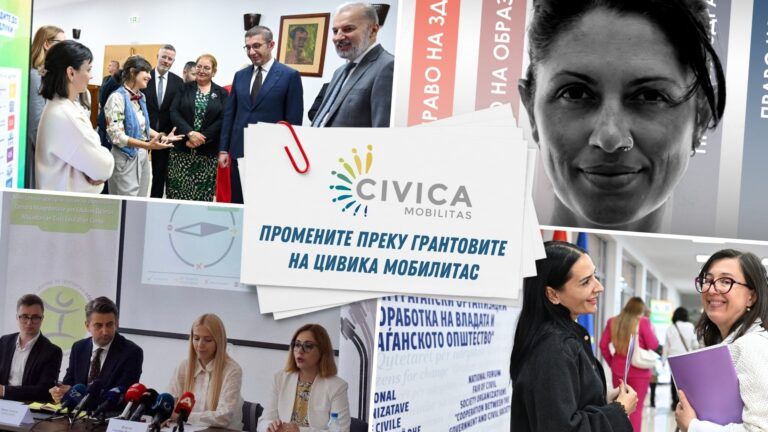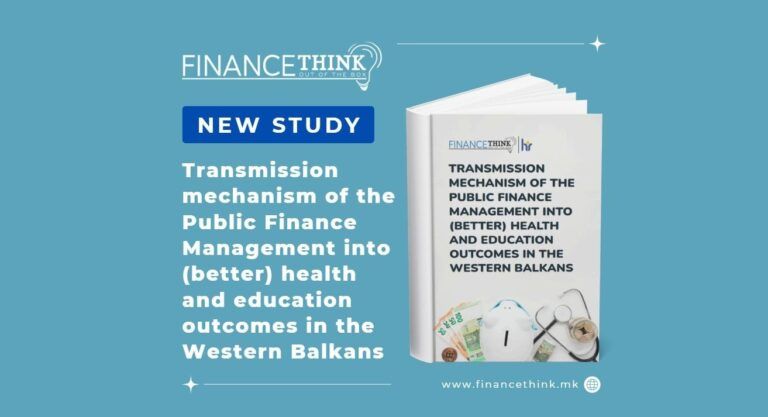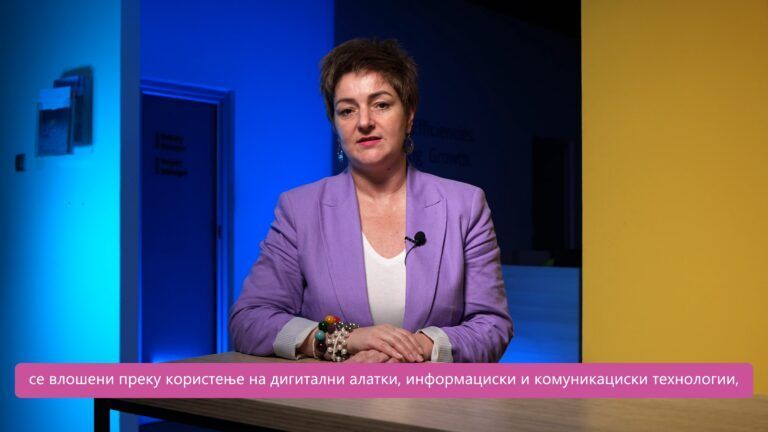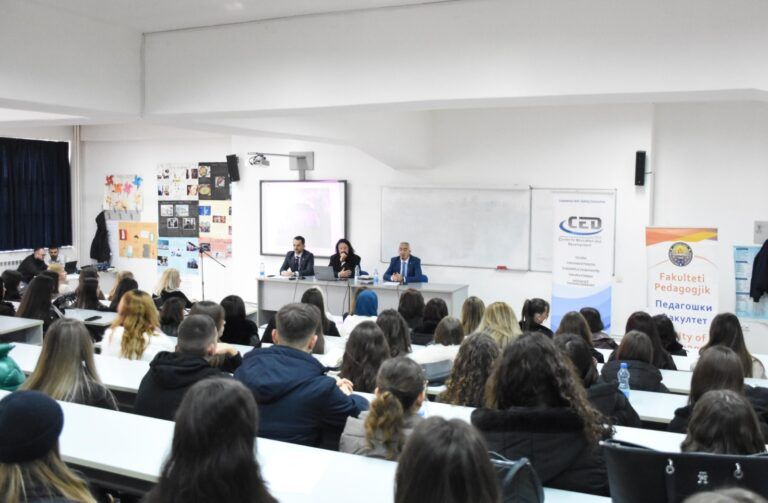Election integrity in the age of TikTok and viral campaigns: How are information threats undermining the electoral process?
With the advent of the Internet and social networks, the number of information attacks has increased dramatically and their impact on democratic processes has become even more devastating. Elections, as an expensive and essential component of social life, are today one of the most vulnerable mechanisms in democratic societies–they are constantly under attack from both internal and external actors, as emphasized at the panel discussion.
Monitoring the information space is a constant struggle. Information threats have always been an obstacle to democracy and free and fair elections throughout human history. However, with the advent of the Internet and social networks, the number of information attacks has increased dramatically and their impact on democratic processes has become even more devastating. Elections, as an expensive and essential component of social life, are today one of the most vulnerable mechanisms in democratic societies –they are constantly under attack from internal and external actors.
These were the conclusions of the panel discussion titled “Democracy at Risk: Electoral Integrity VS. Information Threats–Western Balkans and EU, Experiences and Risk Mitigation” held today as part of the conference “Together for Truth: Whole-of-Society Approach to Safeguard Democracy.”
The panel discussion brought together speakers from several countries in the Western Balkans and the EU, who shared the experiences of their societies regarding the impact of information threats after democratic elections.
The tragedy in Kochani, which killed 59 young people, has encouraged PR and other mechanisms that political parties usually use before elections–spin, directing emotions, invoking rules and morality, ethics in the media, and even involving so-called “bot farms” with hate speech and threats. This was emphasized by the executive director of the Council of Media Ethics of Macedonia (SEMM), Biljana Georgievska.
According to her, this instrumentalization of the tragedy by the parties is done in collaboration with some of the traditional and online media outlets, which spread the narratives of the political parties without critical processing.
“The inclusion of all these mechanisms was a result of and initiated by the accident, and the timing appeared to be just right–6 months before the local elections, when an unofficial election campaign is starting to be conducted here,” said Georgievska.
As she added, not only did the tragedy not unite media outlets in a joint call for the safety of all citizens in this country in the future, but it also divided them over the extent of reporting on the tragedy.
“It has even gone to extremes–some demanding the complete removal of the cameras, supposedly protecting the privacy of the victims and families, while others are selling grief for likes and clicks,” added the executive director of SEMM.
The “PR factory” of all political parties has been unleashed with the risk of harming the integrity of the upcoming elections, Georgievska assessed.
She noted that without clear regulation, the electoral process will continue to be at risk and stressed that it is necessary to urgently review the Electoral Code and make a distinction between responsible and irresponsible media outlets.
Emilija Petreska-Kamenjarova from the Agency for Audio and Audiovisual Media Services (AVMU) pointed out that, although traditional media outlets are subject to monitoring and have clear rules, there are no precise guidelines for online campaigns.
In the last double elections (parliamentary and presidential) in the country, over 5 million seconds of radio and television advertising were monitored–a figure that, according to Petreska-Kamenjarova, speaks volumes about the amount of financial resources allocated for political advertising. However, there is almost no regulation in the digital space.
“That gap that exists is filled with a campaign that is continuously becoming more and more fierce. We are witnesses to this shift, we can see there are studies which clearly show that more and more campaigns are moving to the online space, with a particular surge of activity by officials on social networks during the campaign. That surge is so great that even ODIHR in its report on the previous elections said that clear rules should be applied in the Electoral Code on the participation of officials in campaigns on social networks,” said Petreska-Kamenjarova .
As she added, AVMU decided to initiate a code of conduct for online campaigns, but as a regulatory body, they cannot do it alone. They need cooperation with other stakeholders.

Madalina Voinea from Expert Forum, Romania, shared her country’s experience with a candidate in last year’s presidential election who, despite a massive online campaign, failed to declare any expenses for it. She warned of the institutional failure to regulate the digital space and pointed to TikTok as “one of the most powerful tools for political communication” in Romania.
“There are many loopholes when it comes to allowing such campaigns to go viral. There are few measures to prevent such campaigns. What we found in our research was that around 30,000 profiles were activated since September–not just a month before the elections, but also after the elections. There is a lack of transparency when it comes to the financing of the ads. There is no information about how much was spent, about the name of the person who published the ad, and it was more difficult to determine the scope of the problem. We can only see the coordinated networks and we all know that this is a coordinated attempt to influence the information space,” Voinea emphasized.
She explained that many fake profiles were also created on social networks, which published satire and jokes on which the controversial candidate’s communication campaign was built.
“This was largely a campaign where the same sentences were used, with names and content that were ‘copy-pasted’. This was a clear indication that this was a coordinated campaign, but it was also unexpected. It was clear that it was being activated and deactivated. Since his candidacy was finally canceled, his official profile is completely different. Also, the number of such profiles has almost halved,” Voinea said.
She emphasized that before the elections, Romania did not have a single mechanism for dealing with such online threats, but after the elections, institutional capacity building and the adoption of practices similar to those in the EU began.
“We were polite to the platforms. It cost us a lot. It’s time to talk less about cooperation and more about alignment. Our future is at stake,” Voinea concluded.
Tamara Branković from CRTA, Serbia, said that, unlike other countries where foreign actors are accused of election interference, in Serbia the problem is “domestic” and “the state itself is the biggest source of manipulation and disinformation.”
“We are generally quite traditional in the way we inform, and the government and President Vučić use the media’s access to violate the constitution to centralize power. In 2024 alone, Vučić appeared more than 350 times live on television, with coverage and live broadcasts. Year after year, his television appearances are becoming more frequent,” Branković said.
She believes that it is crucial that citizens are given tools that will allow them to recognize that something is wrong with the electoral process, and that the EU must become more actively involved.

Bardhi Bakija of Sbunker, Kosovo, highlighted authoritarian trends and disinformation campaigns coming from the country’s borders, as he said, especially from the north, but also from global extremist narratives. His analyses shows that previously marginalized views, through social networks, are now becoming mainstream, especially among young people.
“Whatever our response to this, we need to consider how advanced the methods and strategies of these actors are. One of the biggest mistakes we can make here is to underestimate the disinformation campaigns, their methodology, their sophistication, and their ability to engage young audiences,” warned Bakija from Sbunker.
The panel was moderated by Nikola Petrovic from ISAC, Serbia, who emphasized that democracy is much more than free elections–it is a fight against threats that erode trust in institutions, especially when those threats come in the form of disinformation, covert manipulation and media spin.
The panel discussion ended with a clear message: democratic societies must be prepared, resilient, and informed to defend the truth and integrity of the electoral process.





![[Aggregator] Downloaded image for imported item #43092](https://civicamobilitas.mk/wp-content/uploads/2025/12/media-lit-call-for-proposals-fotor-naslovna.png)
![[Aggregator] Downloaded image for imported item #43146](https://civicamobilitas.mk/wp-content/uploads/2025/12/10-1536x1152-1-1024x768-1-768x576.jpg)

